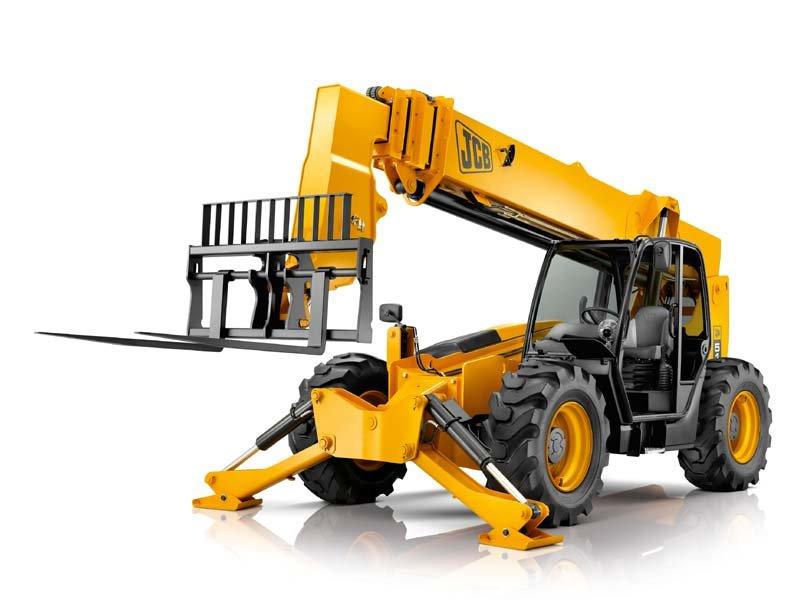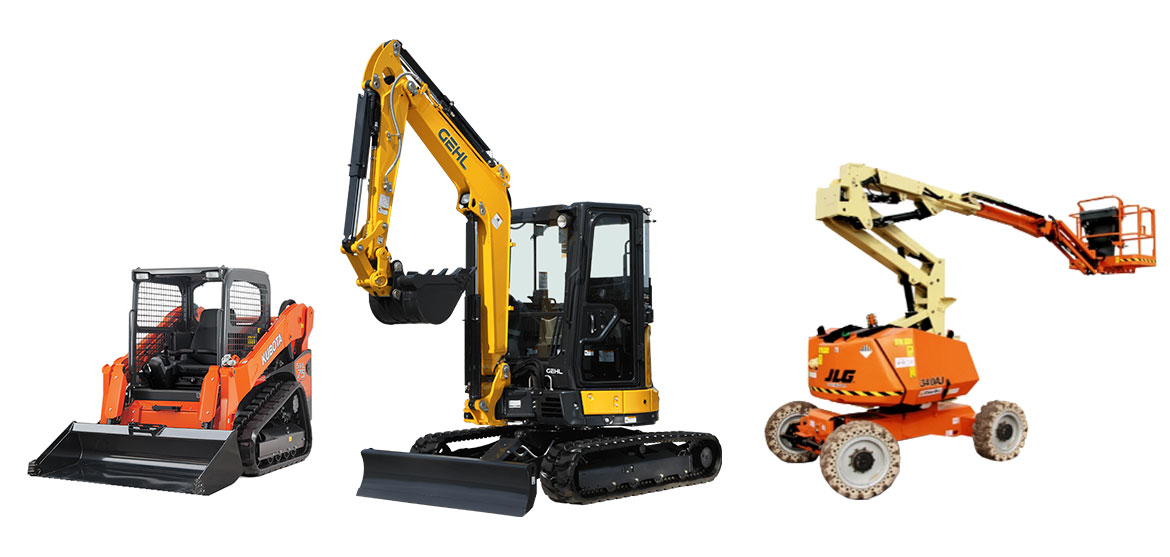Scissor Lift Rental: Safe and Efficient Lifting Solutions
Scissor Lift Rental: Safe and Efficient Lifting Solutions
Blog Article
Optimize Your Spending Plan by Comprehending the Expenses Associated With Building Devices Leasings
Understanding the complete range of costs related to building equipment services is critical for maximizing your budget. While the preliminary rental charge might seem simple, countless extra expenditures-- such as transportation, gas surcharges, and upkeep-- can swiftly build up, affecting your monetary planning. In addition, being conscious of various fees and the complexities of rental arrangements can aid stay clear of unforeseen economic burdens. What strategies can be used to efficiently manage these expenses and guarantee a more reliable rental experience?
Overview of Rental Expenses
When considering building and construction equipment rentals, recognizing the associated prices is vital for effective budgeting and project preparation. Rental expenses can differ substantially based on a number of variables, consisting of equipment kind, period of leasing, and area. The preliminary rental charge typically mirrors the equipment's market need and its associated operational abilities, influencing the general expenditure.
In addition to the base rental price, ancillary costs might develop, such as transport costs, fuel surcharges, and upkeep fees. It is necessary to make up these additional expenses to precisely examine the total cost of renting devices. Furthermore, the rental duration can affect prices; longer services may certify for discounted prices, while temporary services might sustain higher everyday fees.

Breakdown of Rental Prices
A thorough understanding of rental rates is vital for service providers and task supervisors intending to maximize their budgets. Rental rates for construction equipment normally are composed of a number of parts, including base prices, time-based costs, and use costs.
Base rates are the core charges connected with the leasing of the devices, typically figured out by the kind and size of the equipment. These prices can vary significantly, influenced by aspects such as devices demand, schedule, and regional market trends. Time-based costs, which might be daily, weekly, or monthly, serve to accommodate various job timelines and rental durations.
In addition, rental prices might include usage costs, which are suitable when equipment is utilized past a specified limit, making sure that the rental business can make up deterioration. Seasonal demand fluctuations can additionally impact rental prices, with peak building seasons normally commanding greater costs.
Moreover, comprehending the rental company's plans regarding upkeep and insurance coverage can provide additional understanding into the total cost framework. By analyzing these parts, professionals can make enlightened decisions, making sure the choice of rental tools aligns with both job requirements and budget plan restraints.
Extra Charges to Take Into Consideration
Recognizing the intricacies of extra charges is crucial for professionals to handle their general service expenditures effectively. Beyond the common rental prices, numerous supplementary charges can significantly affect the overall expense of equipment leasing. These costs typically consist of shipment and pick-up charges, which can differ based upon range and logistics associated with delivering the tools have a peek at this website to and from the task site.
Furthermore, some rental companies may impose fuel additional charges if the devices is returned with less fuel than when rented. It is additionally important to be aware of potential cleansing costs, specifically for specific equipment that needs thorough upkeep after usage.

Thoroughly reviewing the rental arrangement and clearing up these additional costs in advance can help contractors make sure and avoid unanticipated expenses that spending plans stay intact throughout the job lifecycle.
Maintenance and Repair Expenditures
Regular repair and maintenance expenditures are typically ignored factors that can dramatically influence the total cost of building and construction equipment services. When renting devices, it is essential to take into consideration not only the rental charges yet likewise the possible costs linked with keeping the machinery in optimum operating condition.
Many rental companies include fundamental maintenance as component of the rental arrangement; nevertheless, much more substantial repair work or unanticipated failures can cause additional expenditures. It's vital to examine the rental agreement carefully to comprehend what maintenance services are covered and what duties drop on the occupant.
Additionally, equipment that is not well-kept can lead to inefficiencies on the task website, possibly boosting and triggering hold-ups task prices. To minimize these threats, it is advisable to conduct regular evaluations and preserve open communication with the rental company regarding any kind of concerns that arise throughout usage.
Insurance Policy and Responsibility Expenses
Insurance and obligation prices are important elements that can significantly impact the overall expense of construction tools rentals (rental company near me). These costs ensure that both the rental firm and the customer are secured from potential monetary losses occurring from accidents, damages, or theft throughout the rental duration

Additionally, customers ought to know any type of deductibles or exclusions in the insurance policy, as these can impact potential out-of-pocket expenditures. Recognizing the conditions of any insurance protection is crucial to prevent unexpected expenses. Inevitably, budgeting for insurance policy and obligation expenditures can help make sure a smoother rental experience and protect against monetary dangers associated with building jobs.
Verdict
In verdict, a thorough understanding of the costs associated with construction tools services is crucial for reliable budget plan administration. Ultimately, informed decision-making pertaining to tools leasings contributes to the general success of building ventures.
Rental costs can differ dramatically based on a number of elements, consisting of tools type, duration of service, and location (scissor lift rental). The rental duration can impact rates; longer services might certify for reduced prices, while short-term leasings may sustain higher daily costs
By carrying out comprehensive study and involving with respectable rental companies, professionals can properly navigate resource the intricacies of rental pricing, inevitably maximizing their economic resources.
Past the conventional rental prices, different supplementary fees can significantly affect the total expense of equipment leasing. Rental firms frequently give liability insurance policy that covers injuries to third events or damage to building, while equipment damages insurance policy can cover the cost of fixings or replacement if the leased tools is damaged.
Report this page